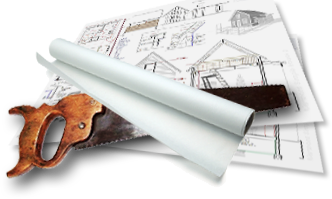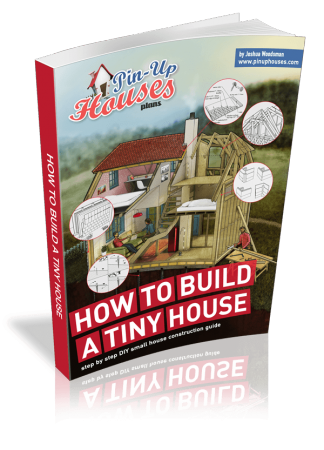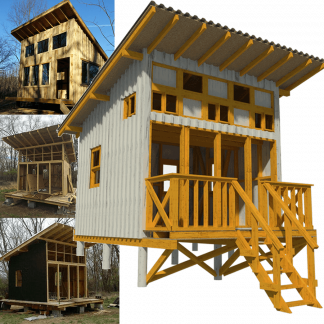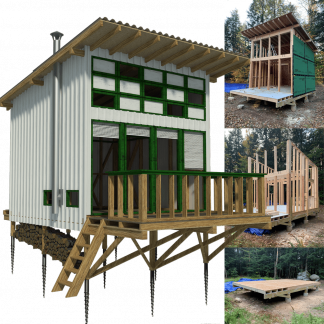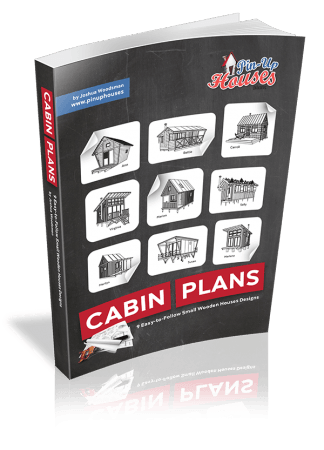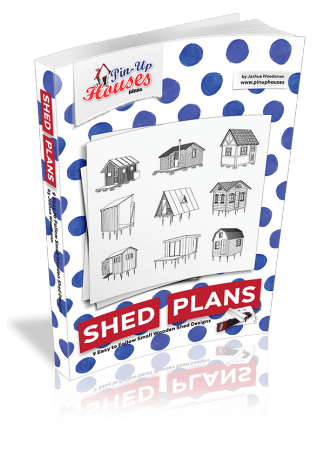
Small houses offer all the benefits of owning your own home without the worries of having to maintain a large place of residence. When the mercury drops and your small home starts getting chilly, you might wonder what the most efficient heating system is for your small space though.
We’ll run you through everything you need to consider when putting in an energy efficient home heating system and the pros and cons of the different types for small homes.
Considerations for Efficient Home Heating
When selecting home heating systems, there are a range of factors you need to consider. What might be the best efficient home heating option for one home won’t necessarily be the best for another.
Efficient heating systems consider several factors:
- Area of the space to be heated
- Type of insulation in your home
- Energy sources available and the most convenient
- Number of BTUs required to keep your home comfortable
BTUs, or British Thermal Units, are a standard unit of measurement in the heating and cooling industry which take into account your home’s insulation, the size of your home and the lowest temperature outside. For guidance tailored to your specific needs, it can be helpful to consult professionals like AK Aire HVAC.
You can use this calculator to determine your home’s required BTU and determine the most efficient home heating. Many heaters and air conditioners will list their BTU.
Best Heating Systems for Small Homes
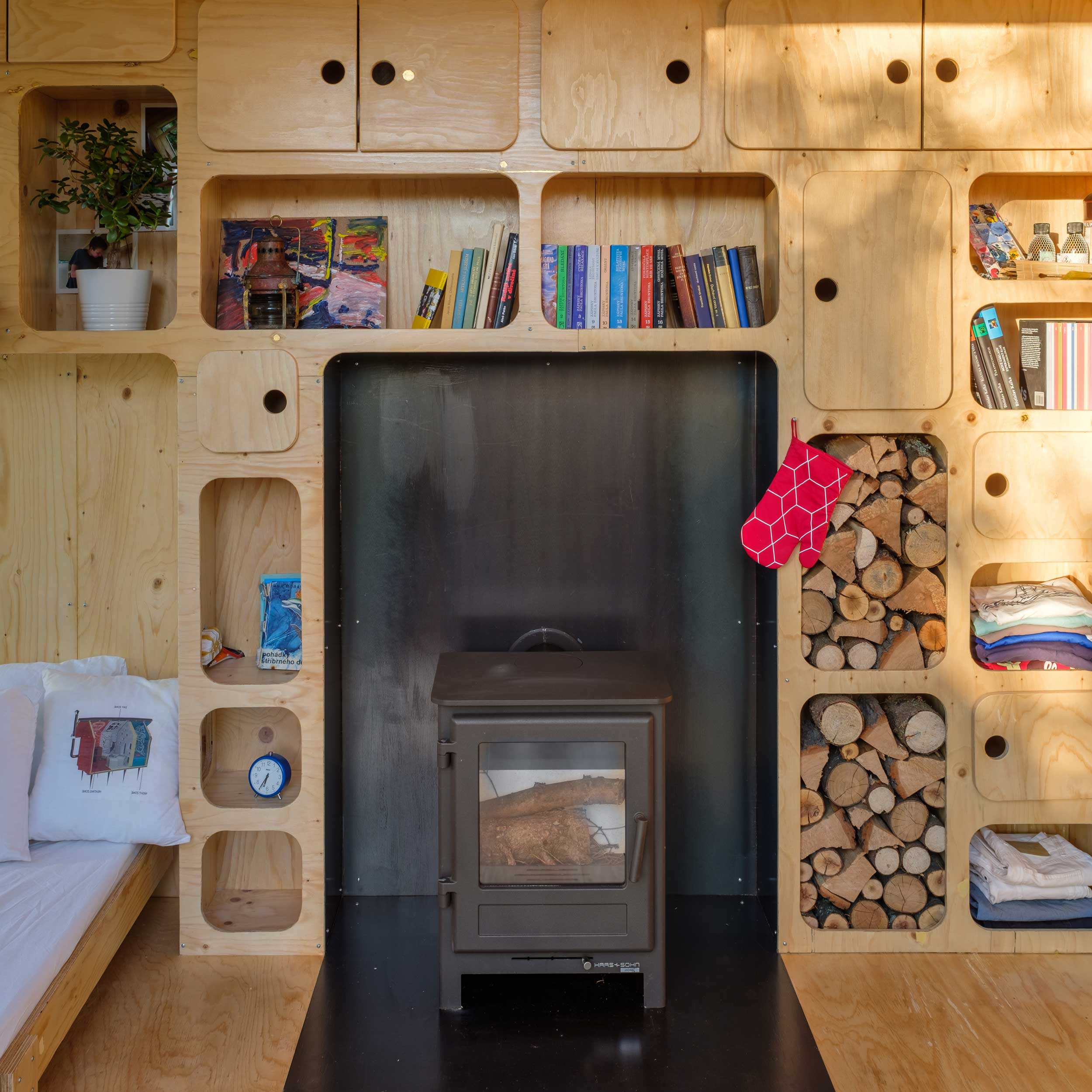
There are a few options when it comes to the best heating systems for small homes. We’ll be touching on some of the most common, including gas furnaces, electric furnaces, heat pumps and radiant floor heating as well as their pros and cons.
Gas Furnaces
You can heat your home with a few different gas sources including propane, liquid petroleum gas (LPG) and natural gas (mostly methane). The main benefit of LPG and propane is that there are no installation costs required – so long as you have an LPG or propane bottle and access to refills, that’s all you need.
Natural gas, however, requires your small house to be connected to the mains gas supply.
The upfront cost of a gas furnace tends to be more affordable too.
The main con associated with gas furnaces is that they can’t stand up in bitterly cold winters. So while the energy source might be cost-effective, if it doesn’t effectively heat your home when you need it most, it doesn’t matter. This energy source also heavily relies on fossil fuels and won’t be doing the environment any favours.
Electric Furnaces
Just like their gas counterparts, electric furnaces require no specialised installation and have an affordable upfront cost too. There is a range of different electric furnaces too, so you’ll easily be able to find the most efficient one for your space. They do, however, rely on your small house having access to the grid or a very large solar power source.
So those looking to live off the grid are out of luck with this type of heating system. Another major drawback for this heater is that the ongoing running costs can be quite high. And if the power goes out on a cold winter’s day, so does your heater.
Heat Pumps

If you are on the grid or have good solar power, air source heat pumps are great energy efficient home heater. For those with good wall space, split system air conditioners would be the best option, with a less costly upfront cost and good ongoing running costs.
For those with little wall space, ducted air conditioning might be the go. If there is sufficient space, you can have air conditioning ducts in your roof and a vent where warm air flows through. Both of these systems require an outdoor unit which is typically mounted to the wall, but can be installed on the roof as well. Make sure you consult with a professional when installing it.
These systems have greater energy efficiency than most other heaters mentioned here and also have the benefit of filtering your air! This makes heat pump systems an excellent option for allergy and asthma sufferers living in small homes.
The main negative aspect of an air source heat pump is the higher initial installation cost which requires a specialised trades person. They also aren’t the best way to heat a home in especially cold climates.
Radiant Floor Heating
If floor and wall space is a concern in your small house, perhaps radiant floor heating is the best heat source for you. These are removable heat matts or installations under your floor which warm your home from the ground up.
Like most other heaters, these require you to be connected to the grid or have good solar power. Smaller homes tend to have much colder floors than larger homes, and so many believe this to heating system to be very effective.
Reliable Heating for Small Houses
If you live in an especially cold climate and heating your home is critical, your best bet would be to have more than one heater that uses different energy sources. This will mean you’re never left without heat if one breaks down or there’s an unplanned power outage or fuel shortage.

